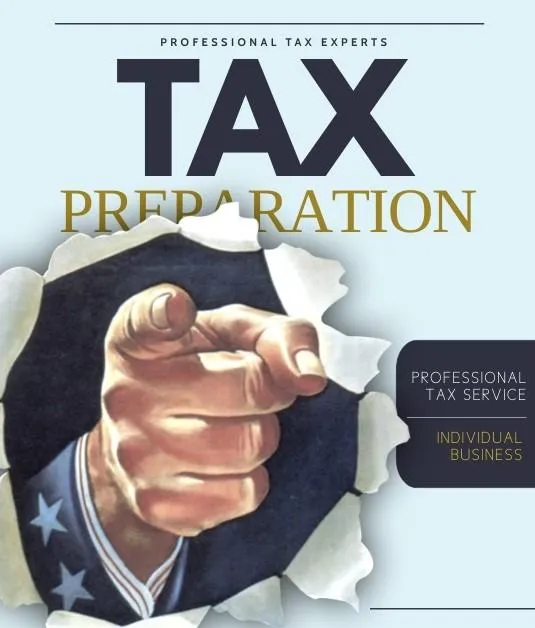Business Tax Preparation 101:
Essential Steps for First-Time Filers

Business Tax Preparation 101: Essential Steps for First-Time Filers
As you embark on business tax preparation for the first time, it's crucial to recognize that this process is more than just a yearly obligation—it's a strategic opportunity. You'll need to carefully gather financial documents and understand your tax obligations, which can be daunting but essential for compliance and maximizing deductions. But what about those hidden nuances that could save you money or the common pitfalls that cost you dearly? Understanding these can make all the difference. Ready to uncover these critical insights and ensure a smoother filing experience?
Gather Financial Documents
Before diving into business tax preparation, gathering all necessary financial documents is essential. Start by collecting your income statements, such as profit and loss, to report your earnings accurately. You'll need bank statements to verify all transactions and receipts for business expenses to claim deductions. Don't forget to have last year's tax return on hand for reference.
Ensure you have records of any loans or debts, as interest payments can often be deducted. Keep documents related to employee wages, including W-2s or 1099s, as these are critical for payroll tax calculations. Having organized records will streamline the process and reduce stress. You'll set a strong foundation for accurate and efficient tax preparation by being thorough and methodical.
Understand Tax Obligations
Understanding your tax obligations is crucial for any business owner. Knowing what taxes apply to your business can save you from penalties and ensure you're compliant. Begin by identifying your business type, as this determines your tax responsibilities. Sole proprietorships, partnerships, corporations, and LLCs each have distinct obligations. You'll need to pay federal income and possibly self-employment taxes if you're not on a payroll. Additionally, be aware of state and local taxes, which can vary depending on your location and business type.
Estimated taxes might be required quarterly, so plan to avoid surprises. Familiarize yourself with your tax filing deadlines to avoid last-minute stress. Keeping track of these obligations helps maintain your business's financial health and legal standing.
Maximize Deductions
Once you're familiar with your tax obligations, the next step is to maximize deductions, which can significantly lower your taxable income and, consequently, your tax bill. Start by keeping detailed records of all business expenses throughout the year. This includes office supplies, travel expenses, employee wages, and utility bills.
Don't overlook specific deductions like home office expenses if you work from home or vehicle expenses if you use a car for business purposes. Consider hiring a tax professional to help identify lesser-known deductions relevant to your industry. They can provide insights into deductions you might not be aware of. Remember, every deduction counts and can make a substantial difference in reducing your tax liability.
File and Pay Taxes
Filing and paying taxes is crucial in the business tax preparation process. You've gathered your documents and calculated deductions; now it's time to ensure everything is filed correctly. Start by determining which forms you need based on your business structure—like Form 1120 for corporations or Form 1065 for partnerships. Double-check deadlines and make sure you file on time to avoid penalties.
When it comes to paying, calculate your tax liability accurately. If you owe taxes, you can pay electronically through the IRS's EFTPS or other approved methods. Consider paying quarterly estimated taxes if your business income fluctuates. Staying organized and keeping accurate records is essential for a smooth filing process. Don't hesitate to consult a tax professional if you need assistance.